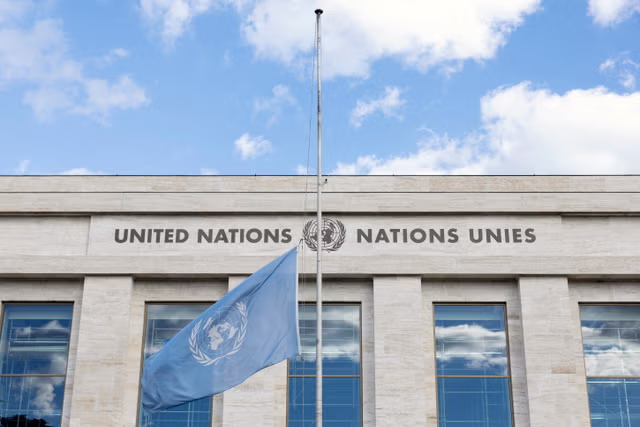UN warns of abuse as millions of Afghans deported into Taliban rule

UN said that over 1.9 million Afghans have been deported so far in 2025, mostly from Iran, with the number expected to hit three million by the end of the year.
The United Nations has accused the Taliban authorities in Afghanistan of committing widespread human rights abuses against returnees, as forced deportations from neighbouring countries continue to rise.
In a new report released Thursday, the UN said that over 1.9 million Afghans have been deported so far in 2025, mostly from Iran, with the number expected to hit three million by the end of the year.
The wave of returns, it said, is creating a deepening human rights crisis, with returnees facing arbitrary detention, torture, harassment, and threats to their safety.
The joint report by the UN Assistance Mission in Afghanistan (UNAMA) and the UN Human Rights Office draws from interviews with 49 recently deported individuals, exposing disturbing patterns of abuse upon their return.
“Women and girls, former government officials and security forces, media workers, and civil society actors face heightened risks of reprisal,” the UN said, noting that many are being detained without due process or subjected to ill-treatment.
The UN described the situation as a "multi-layered human rights emergency," driven by the absence of legal safeguards and the worsening humanitarian conditions across the country. It said returnees are often targeted because of their past affiliations, especially those linked to the previous Western-backed government.
While the Taliban has publicly promised a blanket amnesty for former government workers and security forces, the UN said the ground reality does not match the claims.
“No one should be returned to a country where they face a credible risk of persecution based on who they are or what they did,” UN High Commissioner for Human Rights Volker Türk said.
He raised particular concern over the condition of Afghan women and girls, who remain heavily impacted by Taliban policies. Since reclaiming power in 2021, the Taliban has barred women from higher education, public spaces like parks and gyms, and more recently, from working in beauty salons—restrictions the UN has labelled “gender apartheid.”
Despite the growing concerns, deportations continue. Tajikistan has joined Iran and Pakistan in expelling Afghans, with at least 377 deported since July 8, according to the UNHCR. Germany has also sent back 81 Afghan men convicted of crimes, and the United States has announced it will end temporary protected status for thousands of Afghan nationals.
The Taliban administration maintains that it protects the rights of all citizens under its interpretation of Islamic law and has dismissed international criticism as baseless.
But the UN is calling for an immediate halt to all forced returns. It urged governments to honour international law and ensure that vulnerable Afghans are not exposed to further harm.
